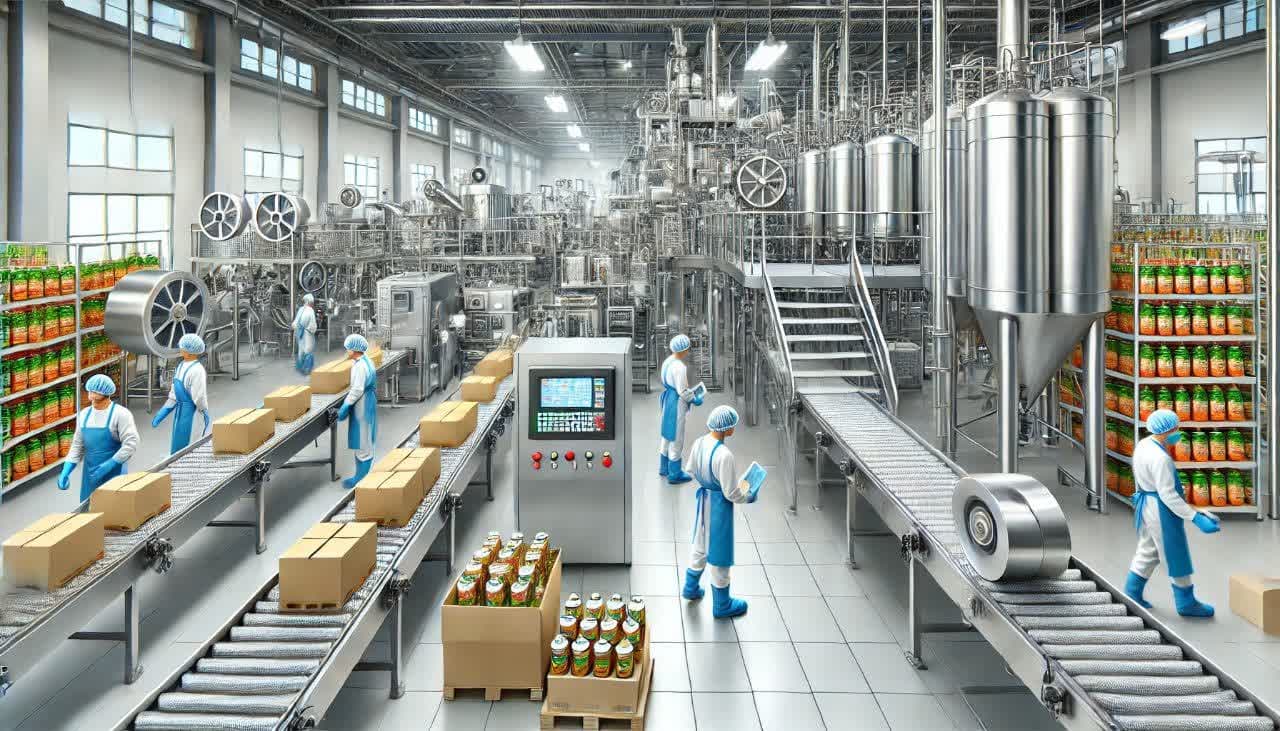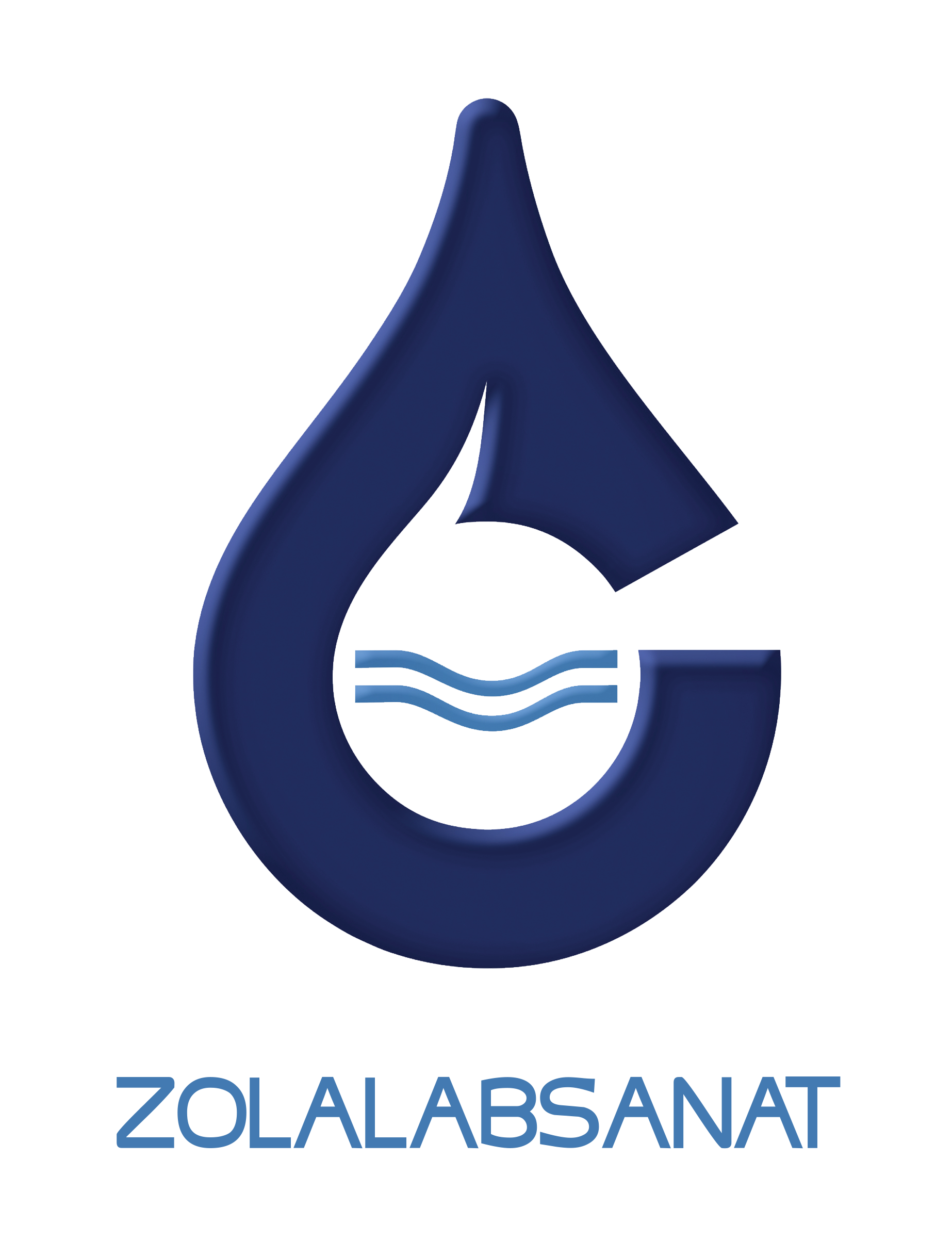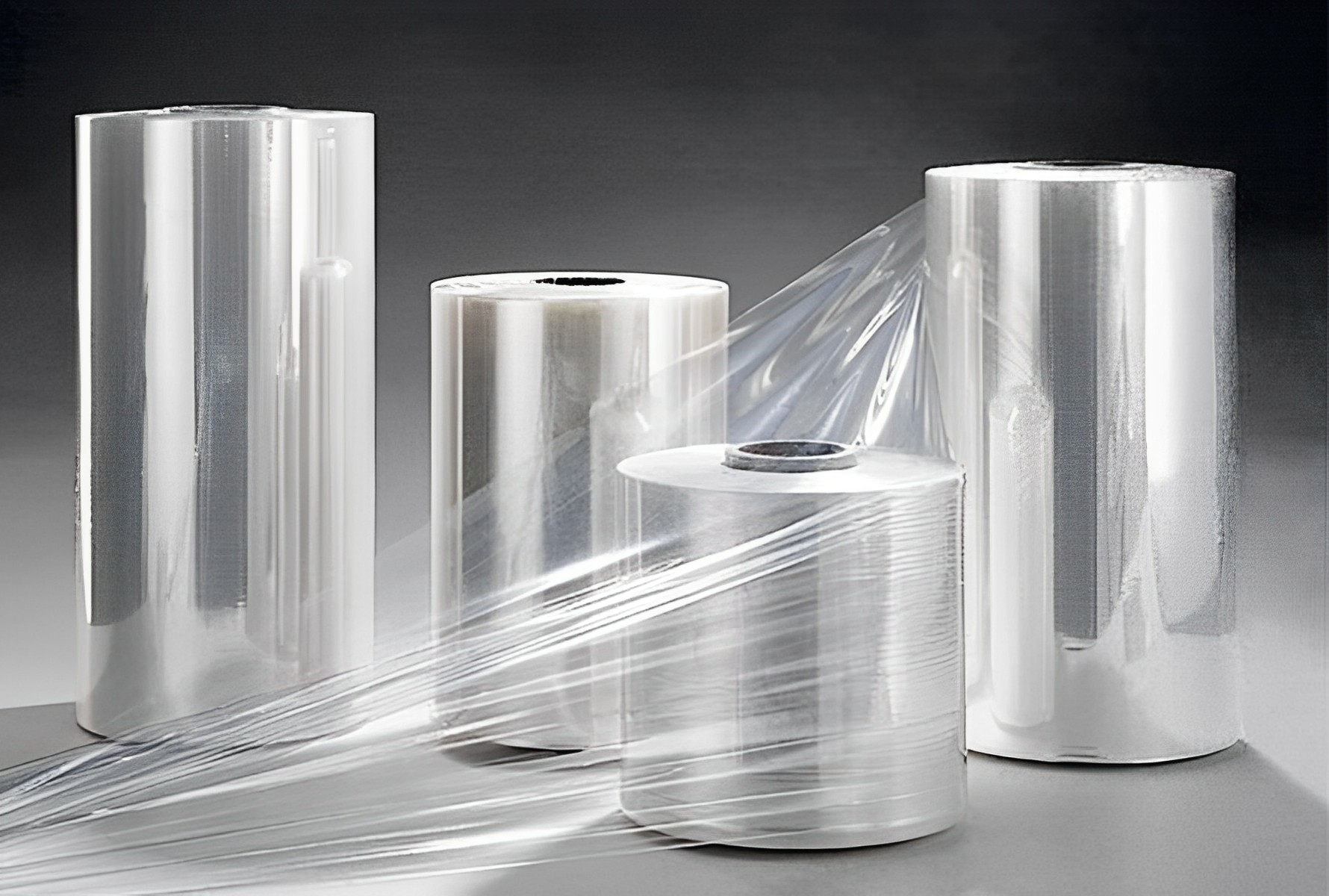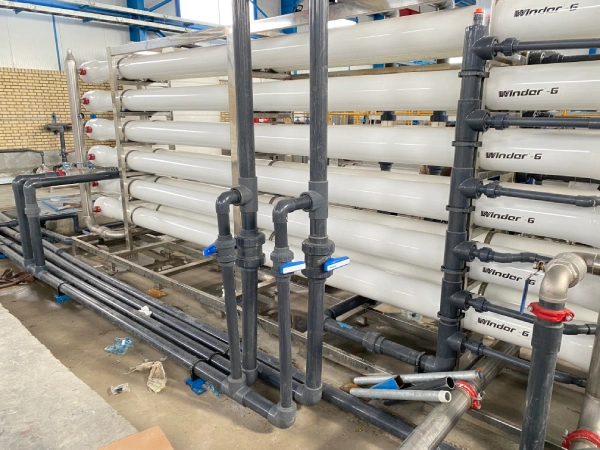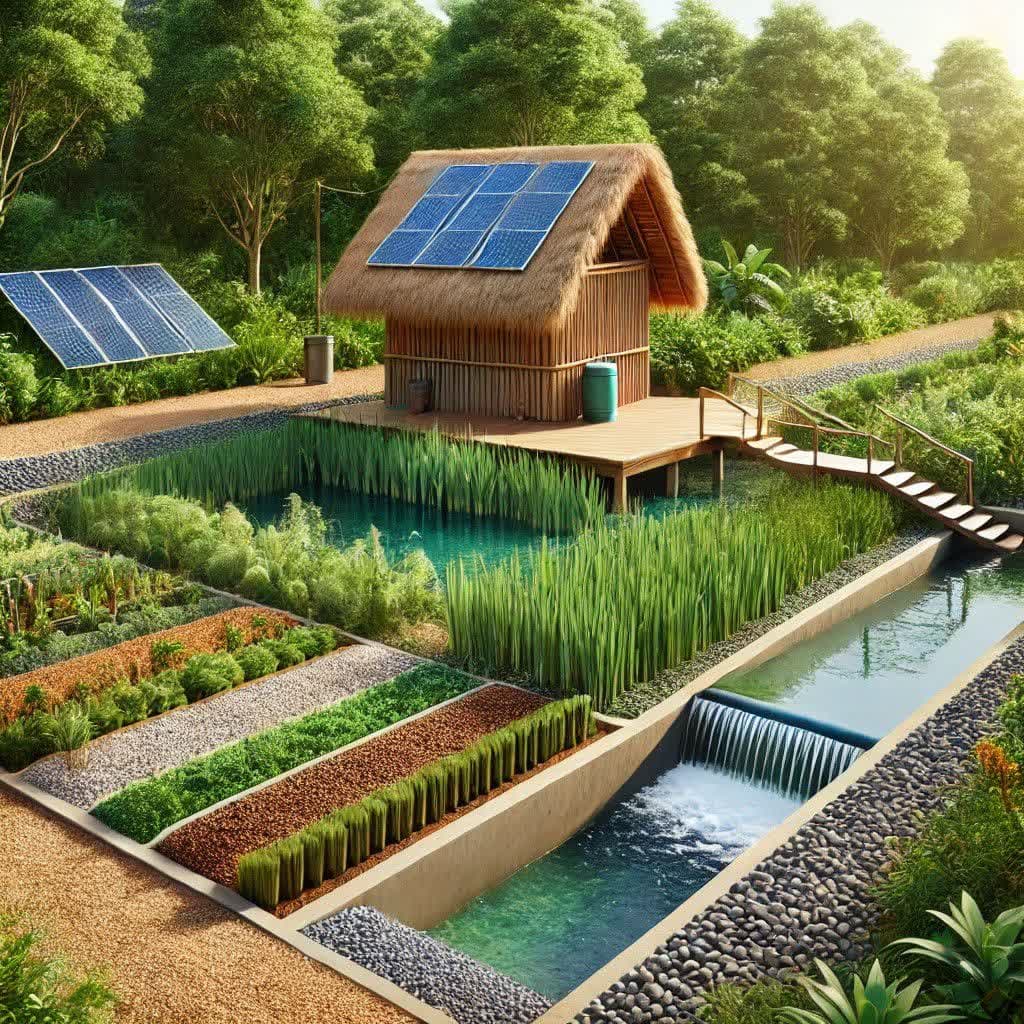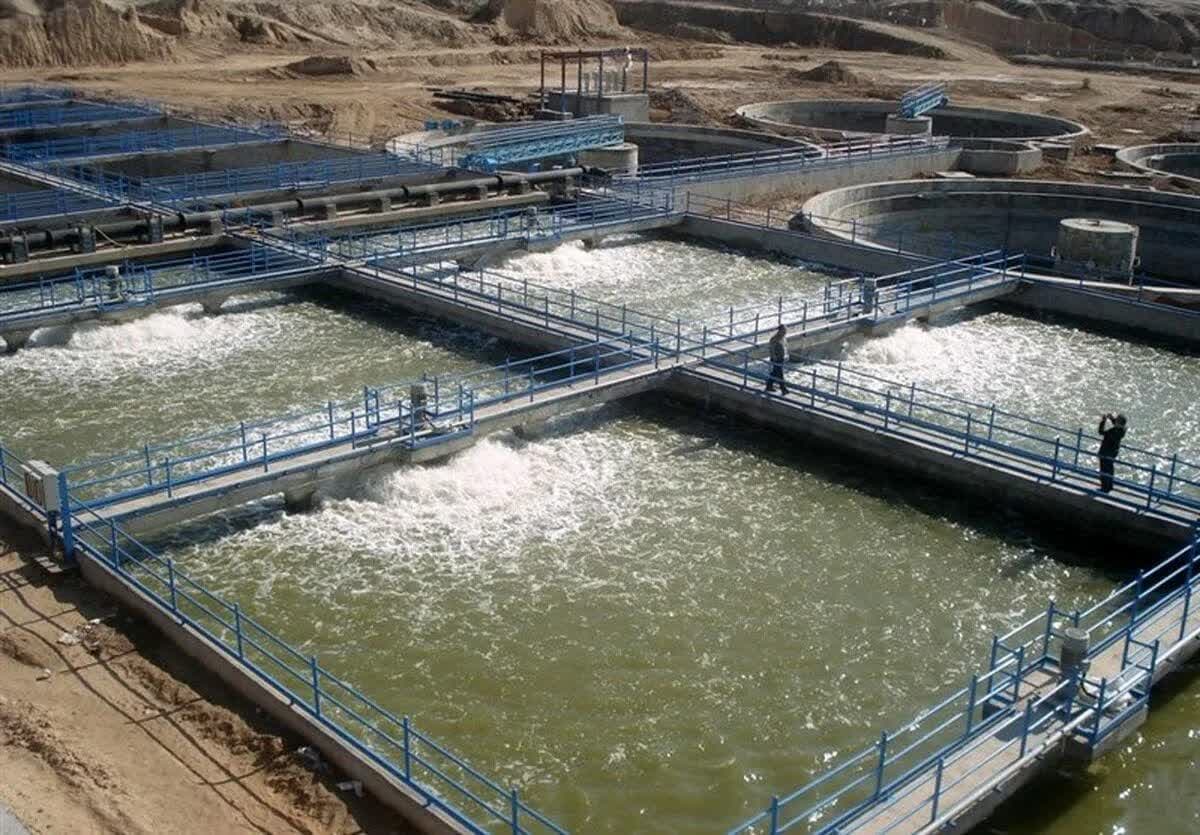Why All Food Manufacturing Plants Need Industrial Water Purification and Wastewater Treatment Systems
In the food manufacturing industry, water plays a critical role in the production process. It is used not only in the preparation, cooking, and cleaning stages but also for cooling, heating, and as an essential ingredient in many food products. As such, ensuring the quality and safety of water is crucial for maintaining product quality, regulatory compliance, and environmental sustainability.
- Water Purification for Food Safety and Quality
Water used in food production must meet strict quality standards to prevent contamination of the final product. Impurities in water, such as bacteria, heavy metals, and chemicals, can compromise the safety and taste of food. Industrial water purification systems remove harmful contaminants and ensure that the water used in production is safe, clean, and of the highest quality. This is essential for preventing product recalls, protecting consumer health, and maintaining brand reputation. - Regulatory Compliance
Food manufacturing facilities must comply with stringent regulations set by health and safety authorities. This includes ensuring that all water used in production is treated to meet required standards. Failing to meet these regulatory requirements can result in legal penalties, fines, or even shutdowns. Industrial water treatment systems help food manufacturers stay compliant with local and international food safety standards. - Wastewater Treatment for Environmental Protection
The wastewater generated by food manufacturing processes can be highly polluted, containing organic materials, fats, oils, grease, chemicals, and other contaminants. If left untreated, this wastewater can severely damage the environment, polluting nearby water sources and harming aquatic life. Industrial wastewater treatment systems are designed to effectively treat and manage the waste produced by food plants, reducing the environmental impact and ensuring that the water released back into the ecosystem meets environmental protection standards. - Cost Efficiency and Sustainability
Investing in industrial water purification and wastewater treatment systems not only helps food manufacturers meet regulatory and environmental requirements but also offers long-term cost savings. Proper water treatment reduces water consumption, minimizes waste, and lowers the risk of costly equipment damage caused by poor water quality. Moreover, efficient treatment systems can recycle water within the plant, contributing to overall sustainability efforts. - Maintaining Operational Efficiency
Poor water quality can lead to operational inefficiencies, such as scaling in equipment, clogging pipes, or malfunctioning machinery. By ensuring that water is properly treated, manufacturers can extend the life of their equipment, reduce maintenance costs, and maintain smooth production processes.
In conclusion, industrial water purification and wastewater treatment systems are not just an option but a necessity for food manufacturing plants. They safeguard product quality, ensure regulatory compliance, protect the environment, and contribute to operational efficiency. Investing in these systems is essential for the long-term success and sustainability of food production businesses.
